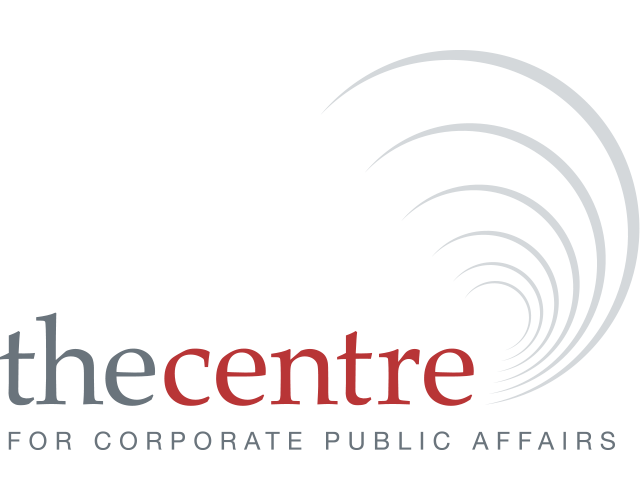Tips for managing public affairs across borders
The webinar profited from the insights offered by two guest speakers: Peter Eggleston, General Manager Policy, Government and Public Affairs, at Chevron Asia Pacific Exploration and Production, and Joe Fong, the Centre’s Head of Asia.
Both speakers cited the evolution of geopolitical power shifts and how approaches to managing public affairs across borders require adaptation and the awareness of political and business developments.
Joe Fong emphasised the importance of knowing the geopolitical landscape, knowing stakeholders across borders (particularly consumers, retailers and governments), and knowing your business and your teams.
He stressed that judicious management of risk is vital for successfully managing public affairs across borders. Knowledge of inter-regional dynamics and political nuances aid in minimising such risk.
Joe concluded with three questions public affairs practitioners should consider:
• How is your public affairs function understanding and capturing consumer and retail trends, and changing government expectations?
• What are some of the changing core competencies required for a successful and sustainable public affairs function?
• What is the right structure and investment model for managing public affairs across borders, and how do you measure its value to the business?
Peter Eggleston stressed the importance of maintaining strong local presence by employing locals who speak the language and understand the politics on the ground. This helps enable relationship building which he noted is the foundation for doing business, particularly in Asia.
Good governance and good strategy are vital for successfully managing public affairs across borders. Having clear vision and clarity surrounding roles and responsibilities can help ensure alignment across the organisation.
Understanding what resources you have and how best to allocate those resources are also crucial. Peter advised practitioners to think about recruitment, management and development of resources.
He concluded by highlighting the importance of knowing the geopolitical landscape - maintaining awareness of inter-state and intra-state political tensions, and events and ensuring comprehension of political affiliations. These facilitate the active management of risk and opportunities, and deliver business value to the organisation.
